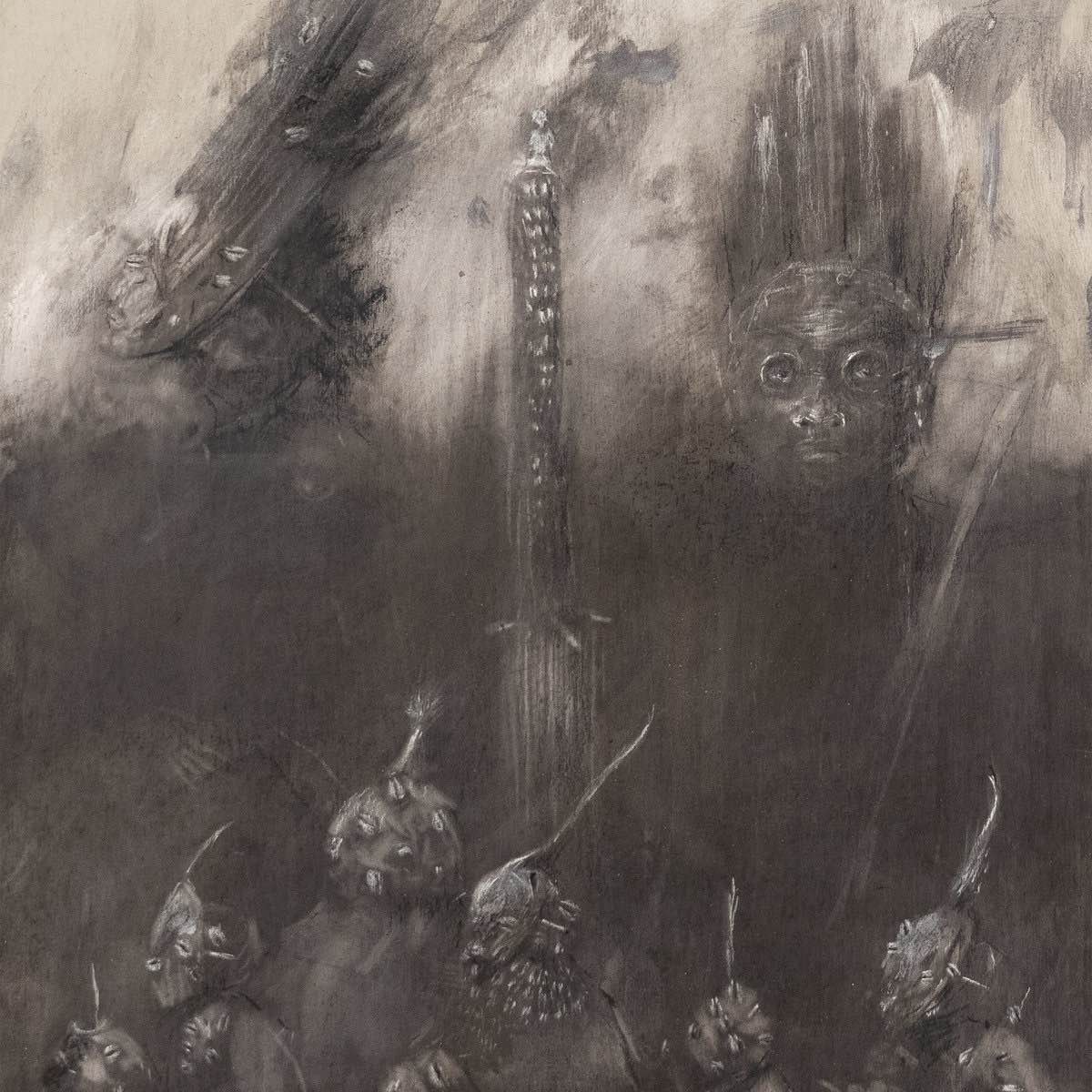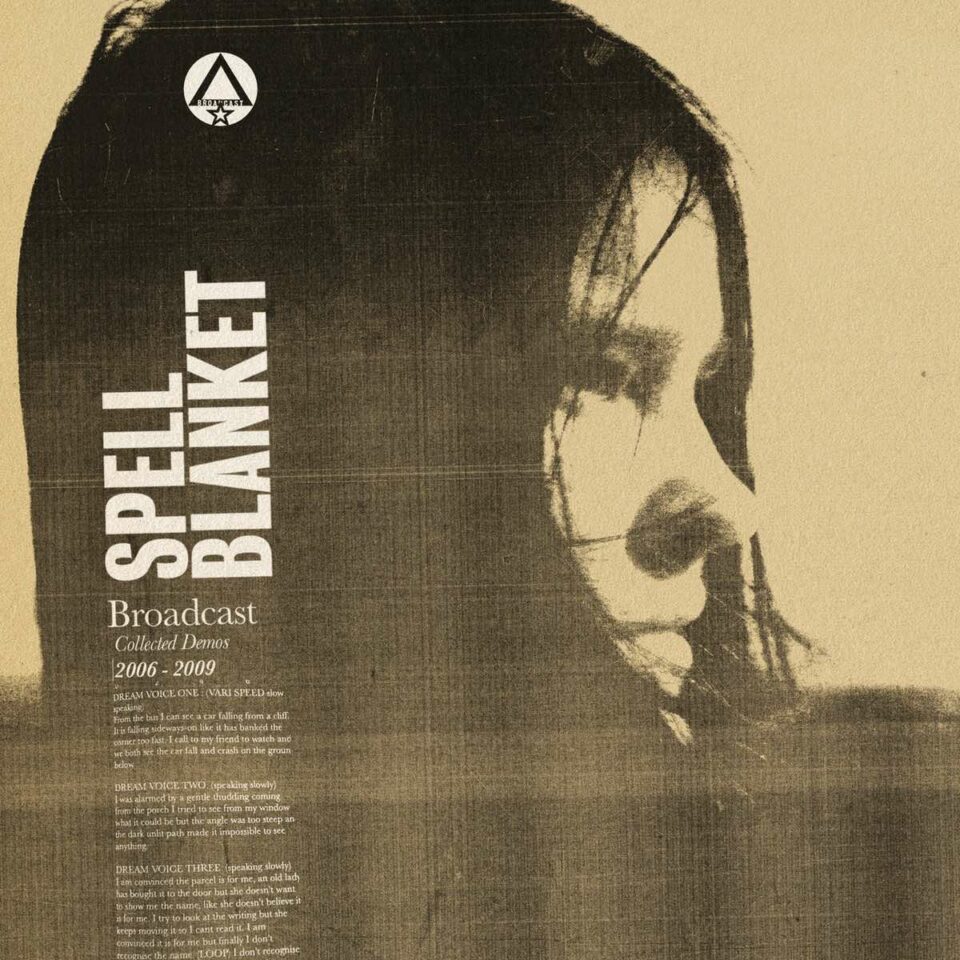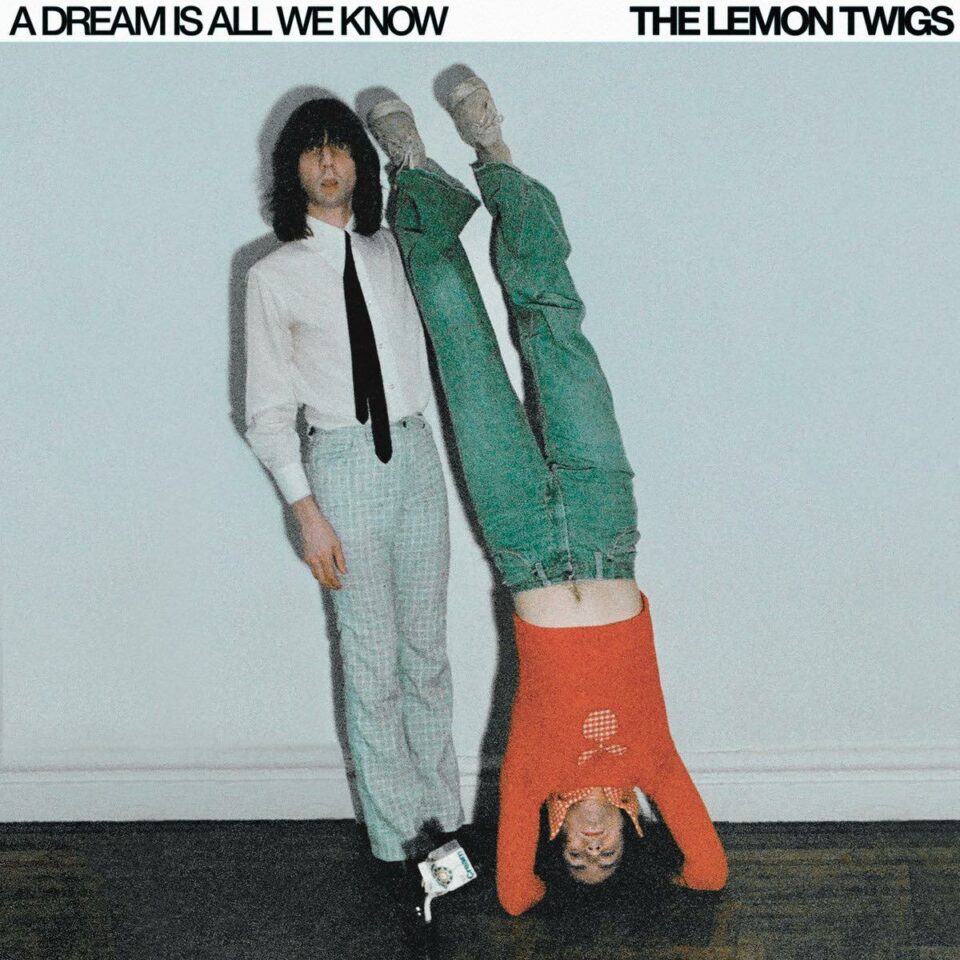Moor Mother
The Great Bailout
ANTI-
ABOVE THE CURRENT
Camae Ayewa, better known as Moor Mother, has a body of work that’s complex and intricate, and it continues to expand at an accelerated clip. Viewed through a strictly musical lens, there’s no single unifying trait to the sounds she creates, which run a wide range from Brass, her abstract hip-hop collaboration with billy woods, to the experimental electronic music she creates with DJ Haram as 700 Bliss. But there’s an interconnected thread of exploring Black musical forms through conceptual ideas of liberation and systems of oppression—whether addressing police violence through the spoken-word poetry of Irreversible Entanglements or taking on racist housing systems in the free-jazz opera of Circuit City—which inevitably form connections through even the most disparate pieces of her catalog.
And that catalog only continues to grow. Following two of her most accessible releases to date, 2022’s Jazz Codes and Irreversible Entanglements’ 2023 Impulse! Records debut Protect Your Light, the pendulum swings back toward some of the most intense and harrowing sounds of Ayewa’s career with The Great Bailout. Featuring contributions from the likes of Lonnie Holley, Vijay Iyer, Mary Lattimore, and other collaborators, the album delves deep into the history of British colonialism and its lasting legacy, delivering a set of music that simultaneously arrives as one of her most abrasive listens as well as one of her most powerful.
There’s an ominous pall to most of the material here, which is unflinching in its historically rich depictions of the damage caused by a colonialist legacy. She unpacks a laundry list of British imperial looting on “All the Money” (“4.6 million objects that span a period of 5,000 years”) over a sonic bed that oozes and creeps with the eerie drones of a horror soundtrack. An even darker industrial tone takes over “Compensated Emancipation,” wherein Ayewa juxtaposes repetitions of phrases like “At any moment, the queen will be coming around” against even heavier questions, rich with larger implications, such as “Why am I here?” On “Death by Longitude,” explosive bursts of terrifying sound turns an already dark listen into the stuff of nightmares as Moor Mother cries out, “All aboard, death camps in Bristol.”
The Great Bailout isn’t an easy listen—it’s not intended to be. Any piece of work that attempts to reckon with hundreds of years of racist trauma will, by default, require the listener to confront truths that we might otherwise prefer to look away from. But The Great Bailout is a stunning piece of work musically as much as it is thematically, revealing some of the boldest compositions in Moor Mother’s discography, and occasionally even some of the most mournfully beautiful, like the Lonnie Holley collaboration, “Guilty.” The nightmares that surround them only serve to make the beauty more devastating.









